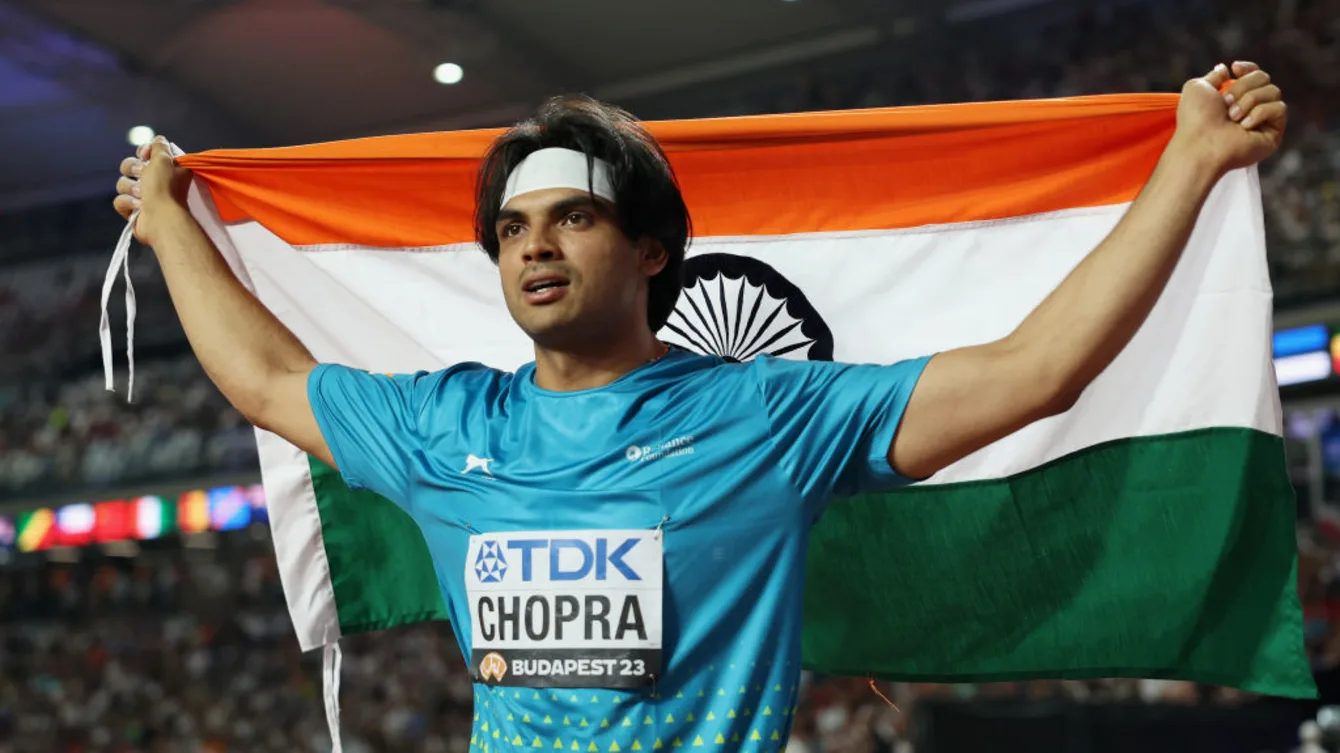
Athletics News
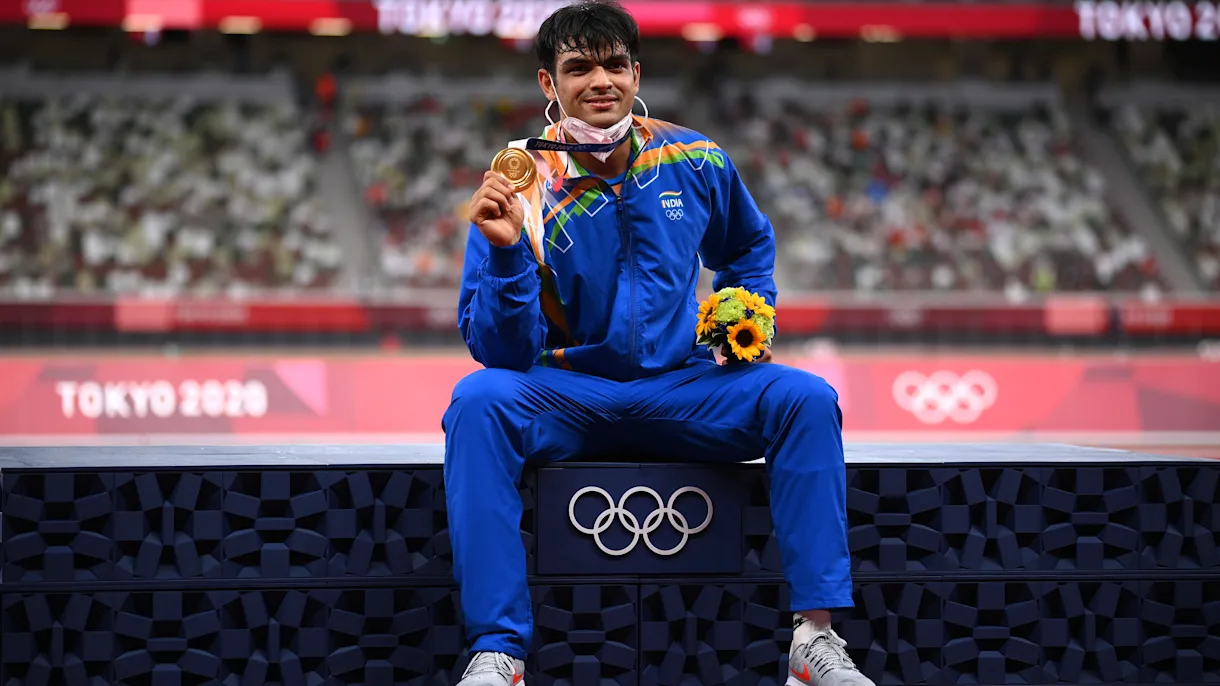
Neeraj Chopra looks to maintain winning streak at Diamond League after World Championships
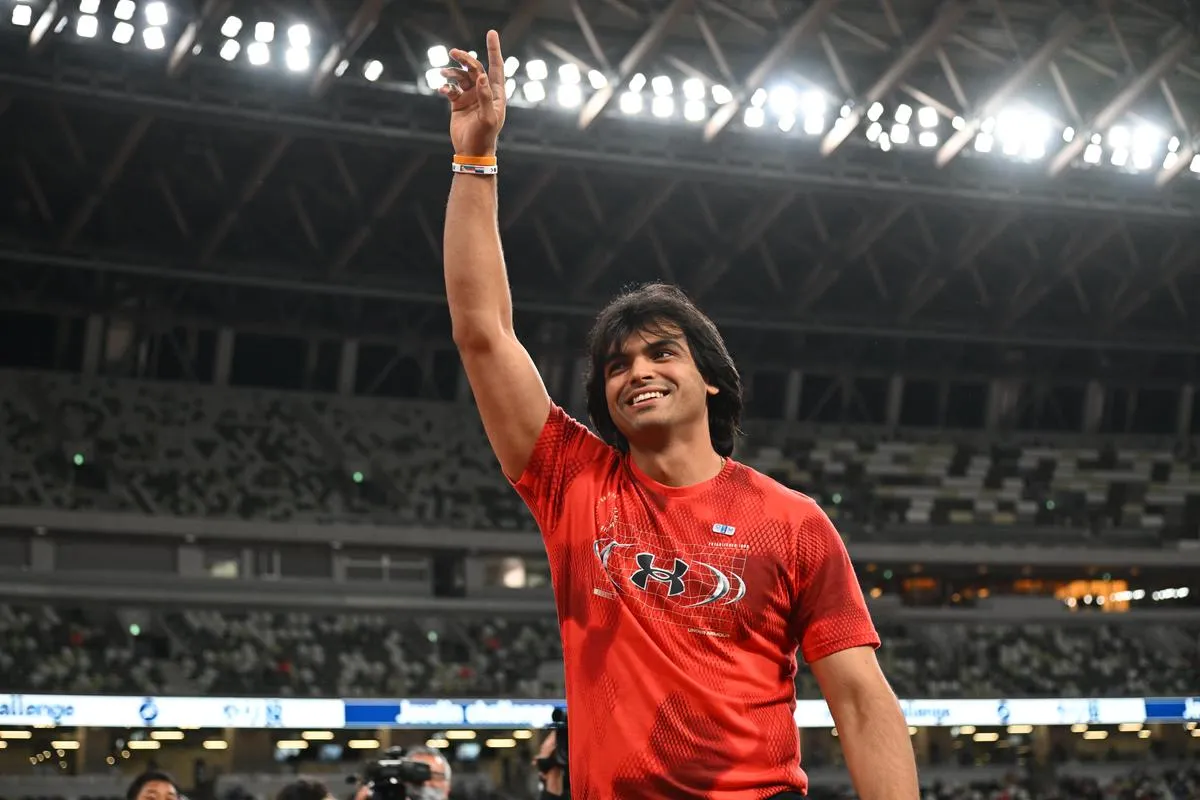
India might bid for 2027 World Athletics Championships, reveals Neeraj Chopra

Neeraj Chopra reveals his simple, yet effective diet plan
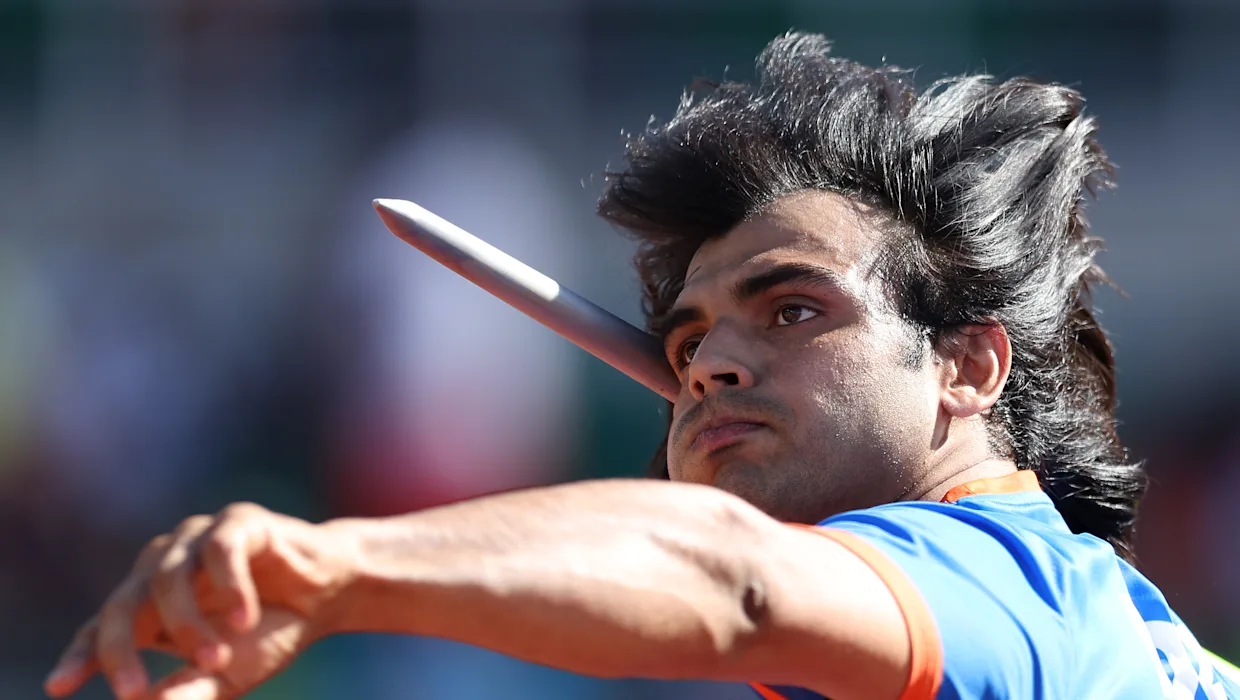
Neeraj Chopra | Will never say I am the greatest of all time

I wanted to throw more than 90m, says Neeraj Chopra after historic gold
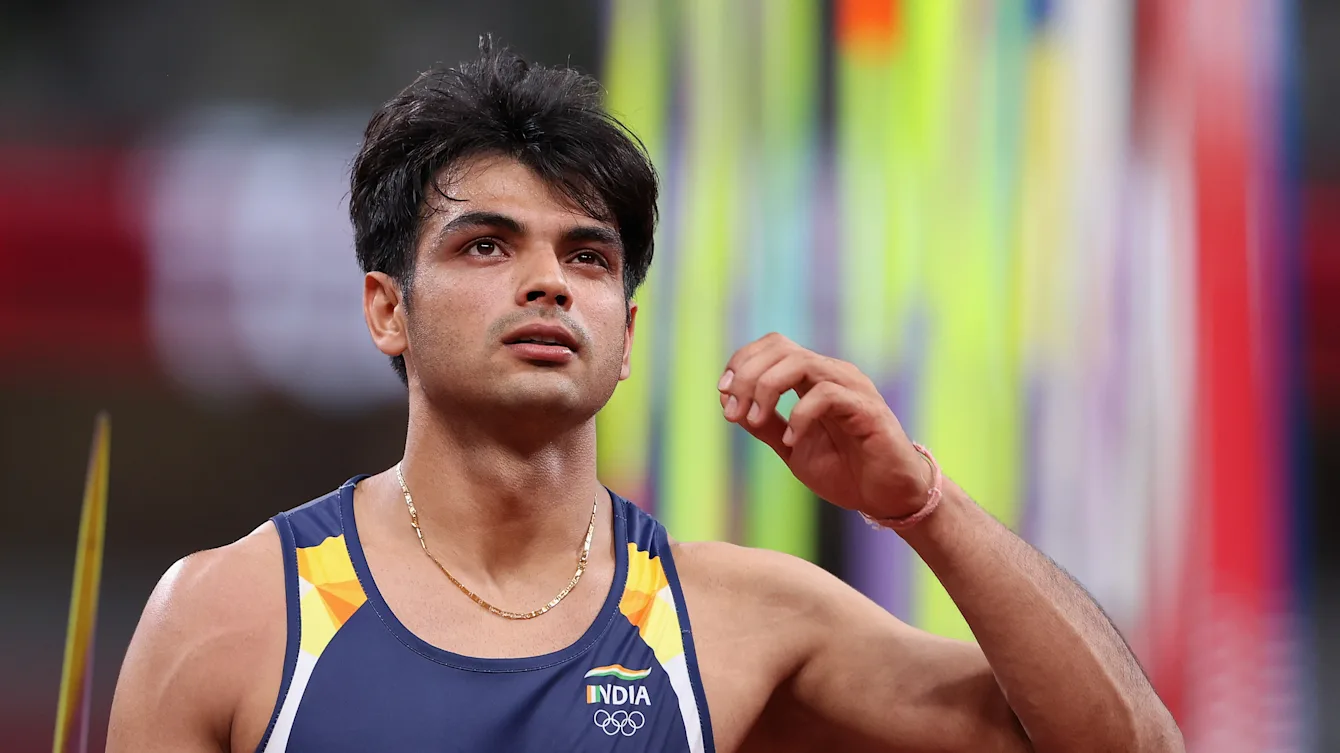
Neeraj Chopra qualifies for Olympics 2024, World Championships final
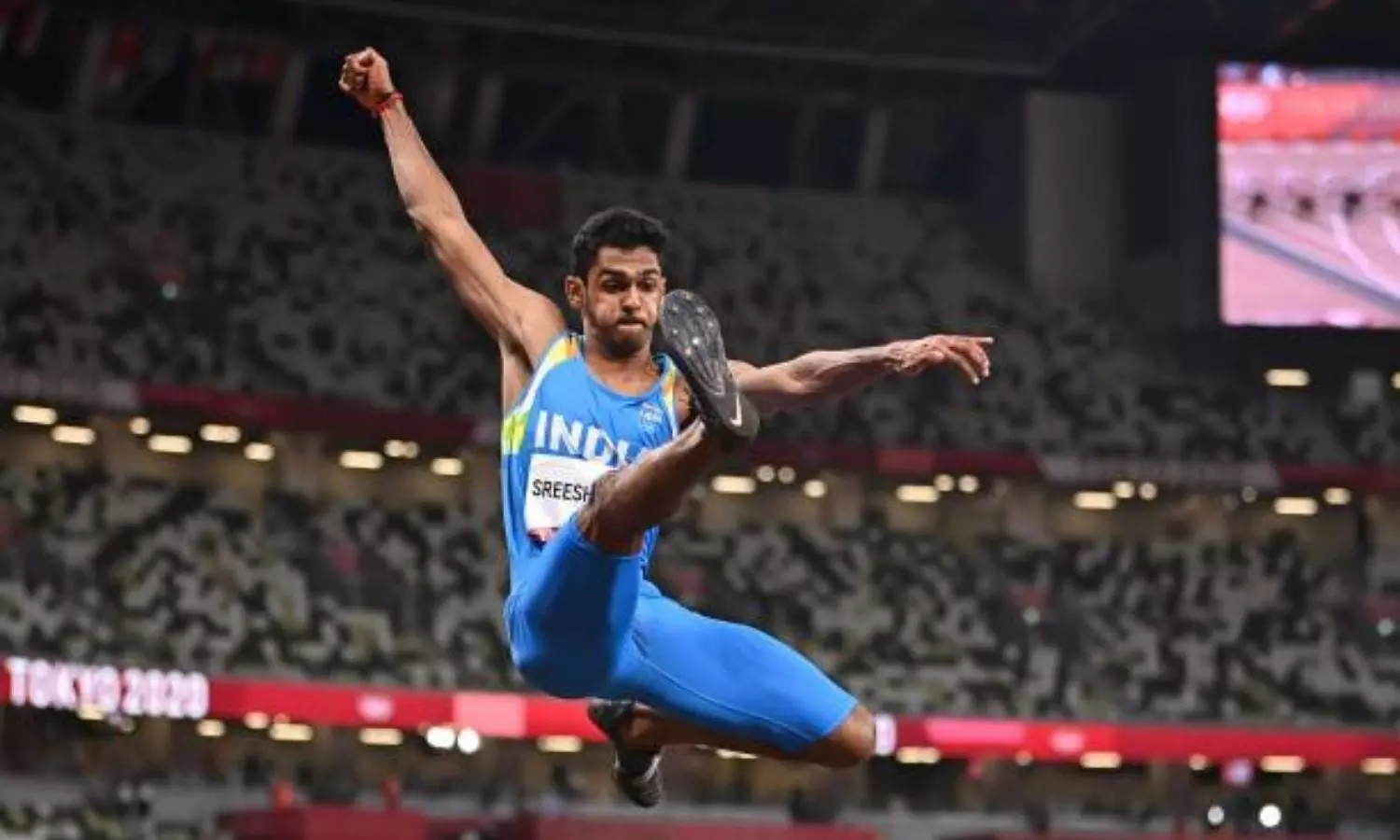
World Athletics Championships | Murali Sreeshankar fails to qualify for finals, Jeswin Aldrin barely makes the cut
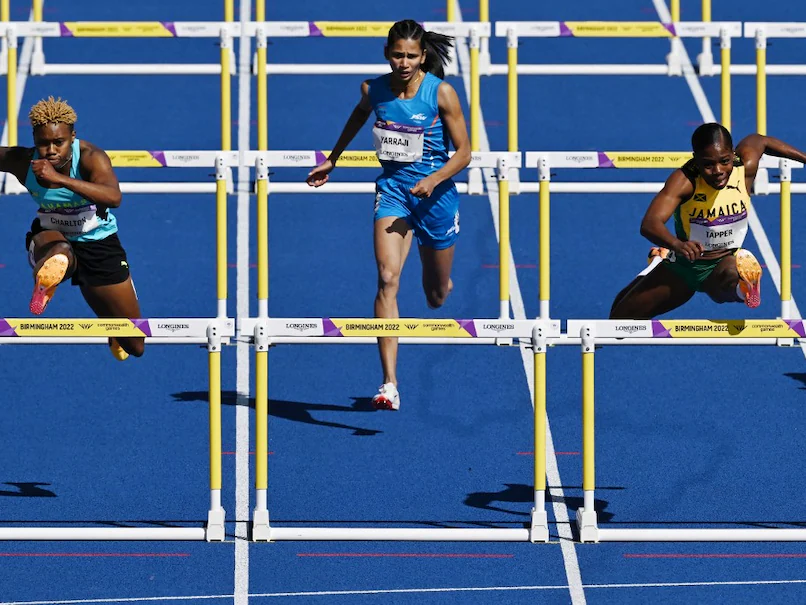
World Athletics Championships 2023 | Jyothi Yarraji misses semis spot in 100m hurdles
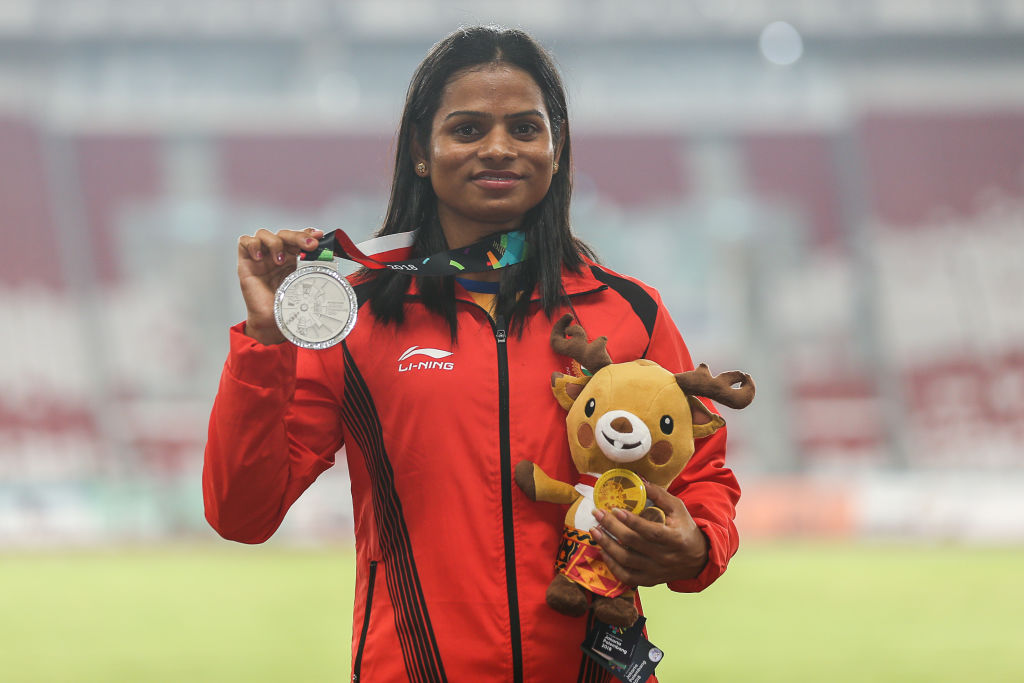
Dutee Chand banned for four years, to appeal to NADA

World Athletics Championships 2023 | India squad, schedule and timings

World Athletics Championships 2023 | Four javelin specialists qualify from India, three in triple jump
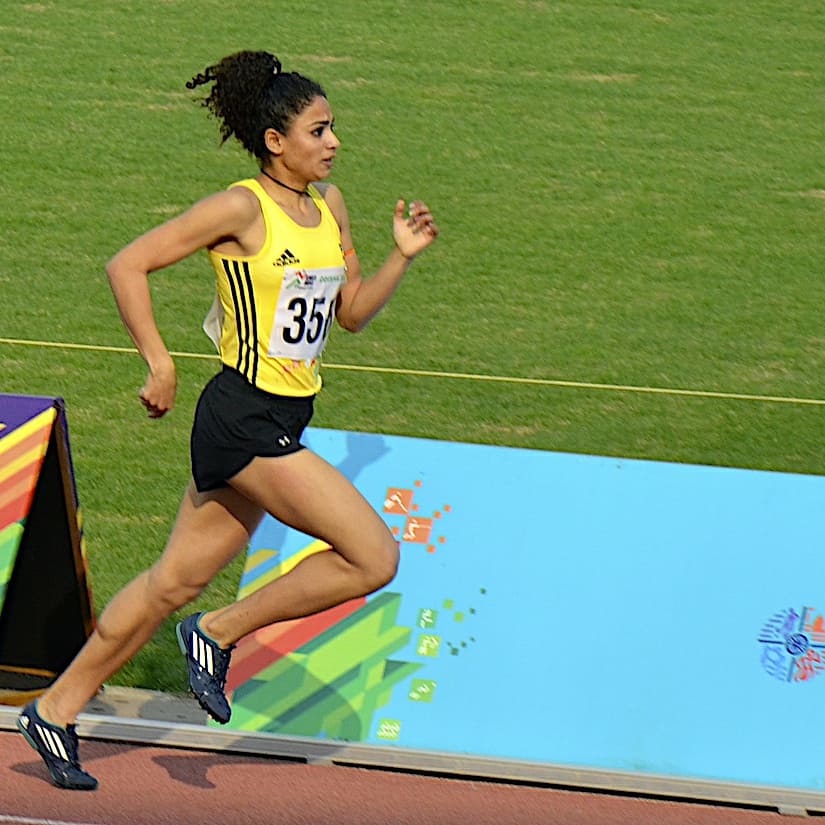
Harmilan Bains wins silver at Birmingham University Grand Prix 2023

WATCH | Murali Sreeshankar qualifies for Paris Olympics with mammoth jump

Neeraj Chopra unsure of participation in Monaco Diamond League, says wasn't fully fit in Lausanne
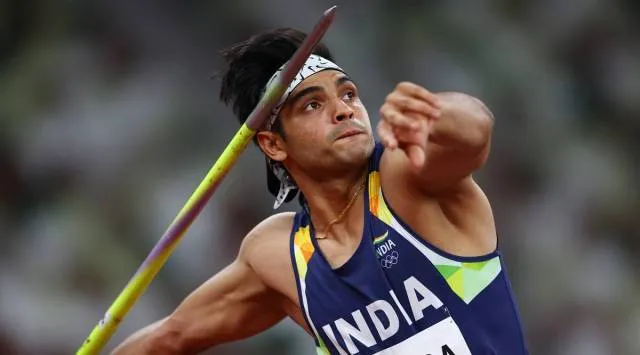
WATCH | Neeraj Chopra gets past leader Julian Weber in penultimate attempt at Lausanne Diamond League

Lausanne Diamond League 2023 | When and where to watch
.scorimg.webp)
Long jump national record holder Jeswin Aldrin withdraws from Diamond League
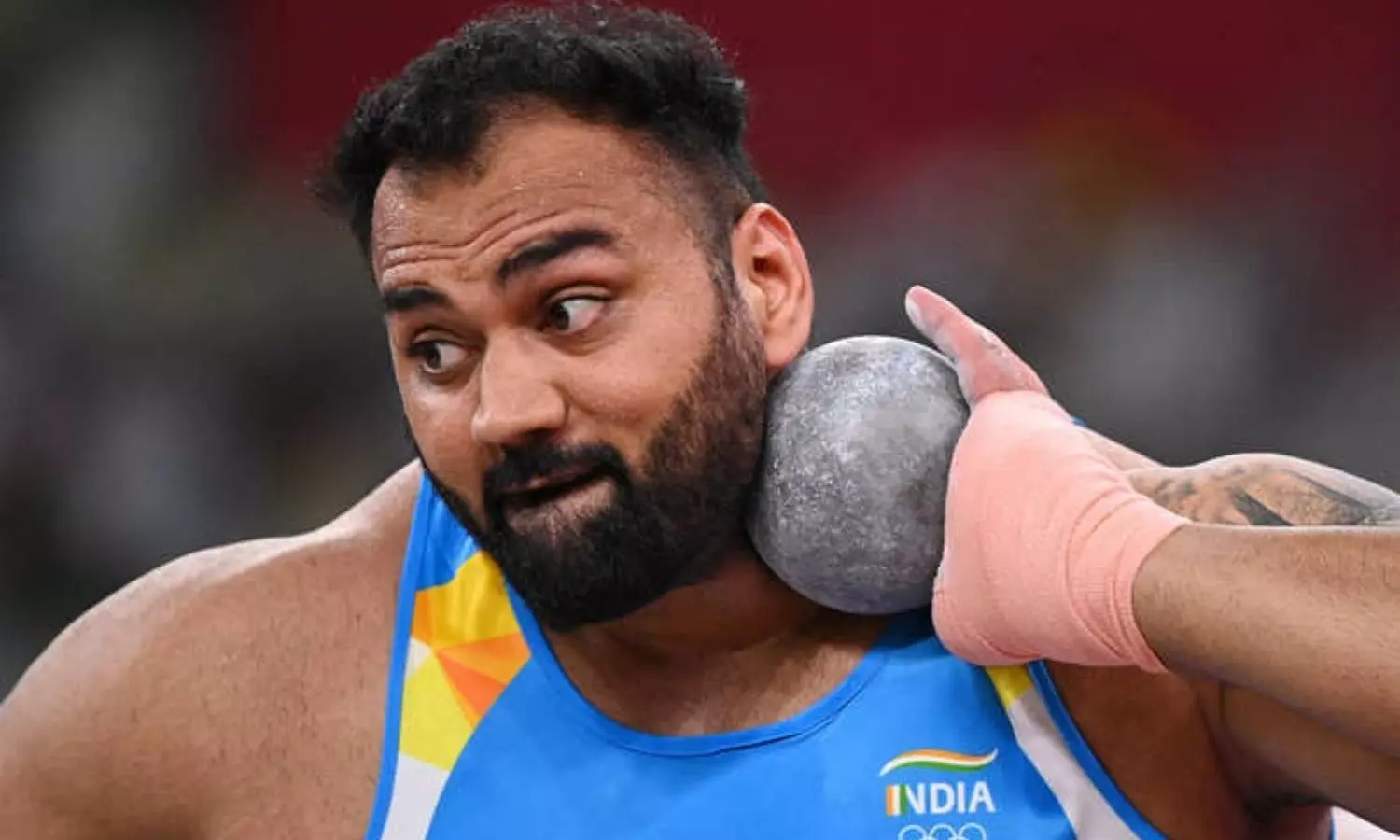
Tajinderpal Singh Toor betters Asian record in shot put to qualify for Asian Games, 70 others make cut
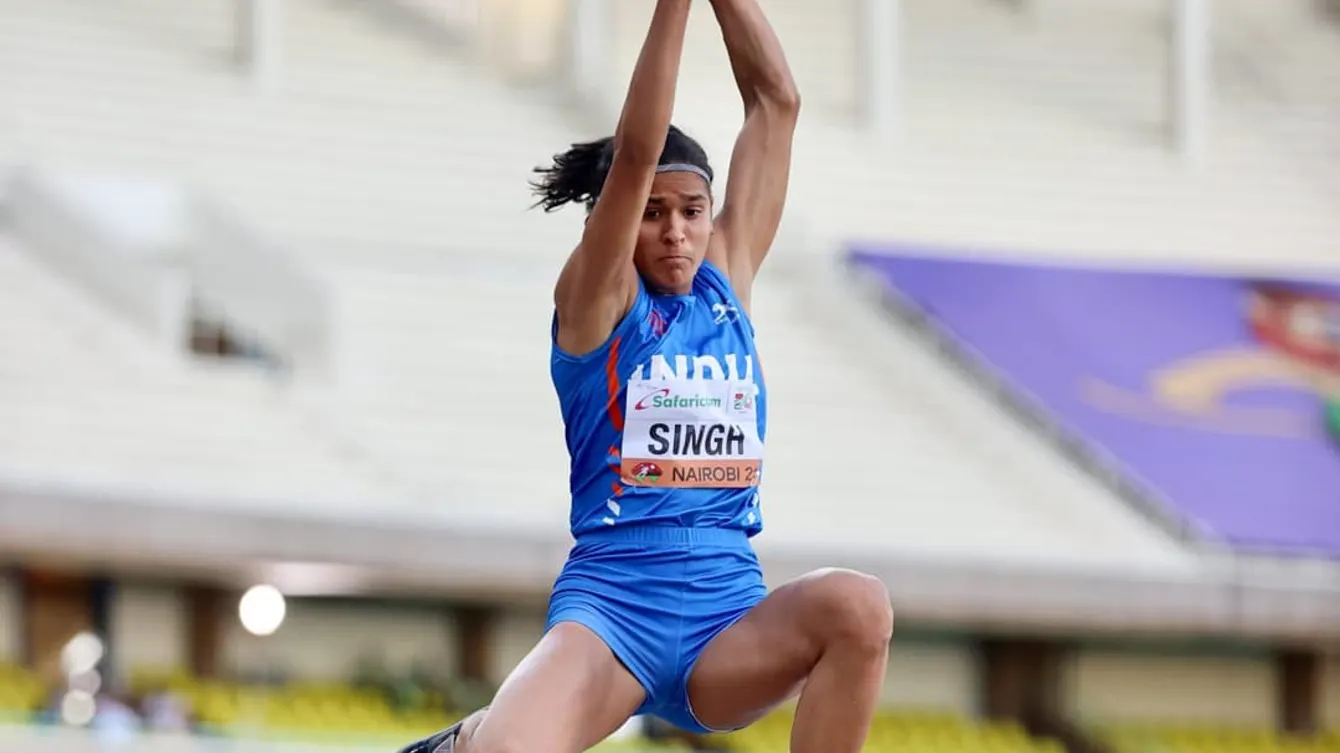
Long jumper Shaili Singh aims to break Anju Bobby George's record this season
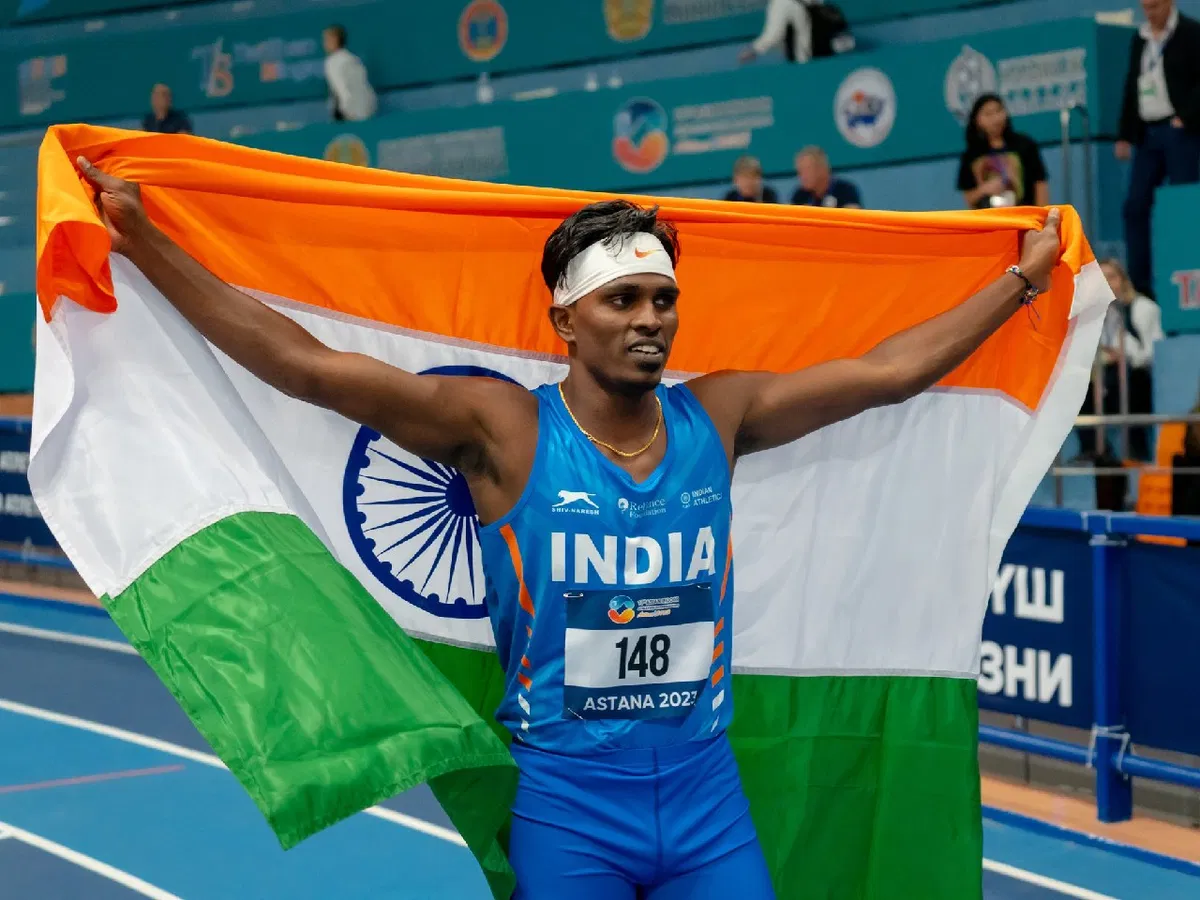
Praveen Chithravel bags gold at National Inter-state Senior Athletics Championship, qualifies for Asiad

Murali Sreeshankar qualifies for Asian Games with a jump of 8.41m

Long jumper Shaili Singh targets gold medal at Asian Games
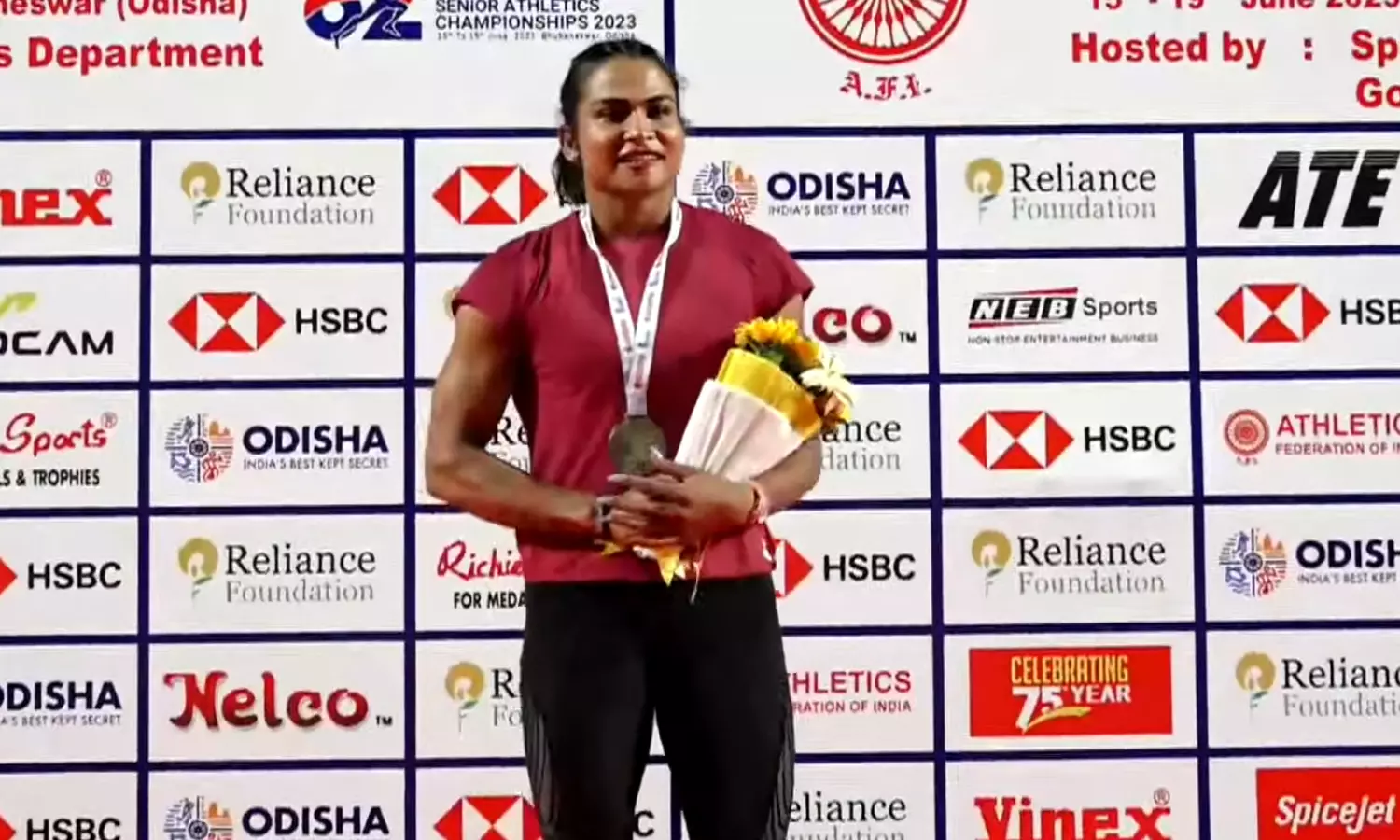
National Inter-State Athletics Championship | Anjali Devi of Haryana creates personal best in women's 400m, qualifies for Asian Games

Neeraj Chopra and Avinash Sable to miss National Inter-State Championships
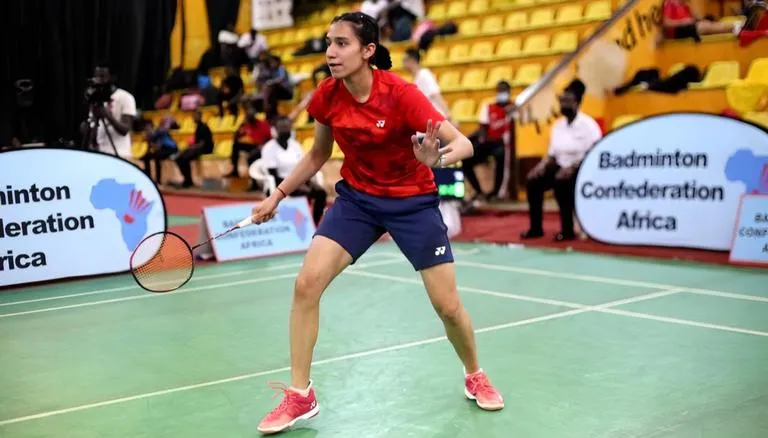
BAI to conduct trials for Badminton Asia Junior Championship

Neeraj Chopra does India proud again, becomes world no.1
